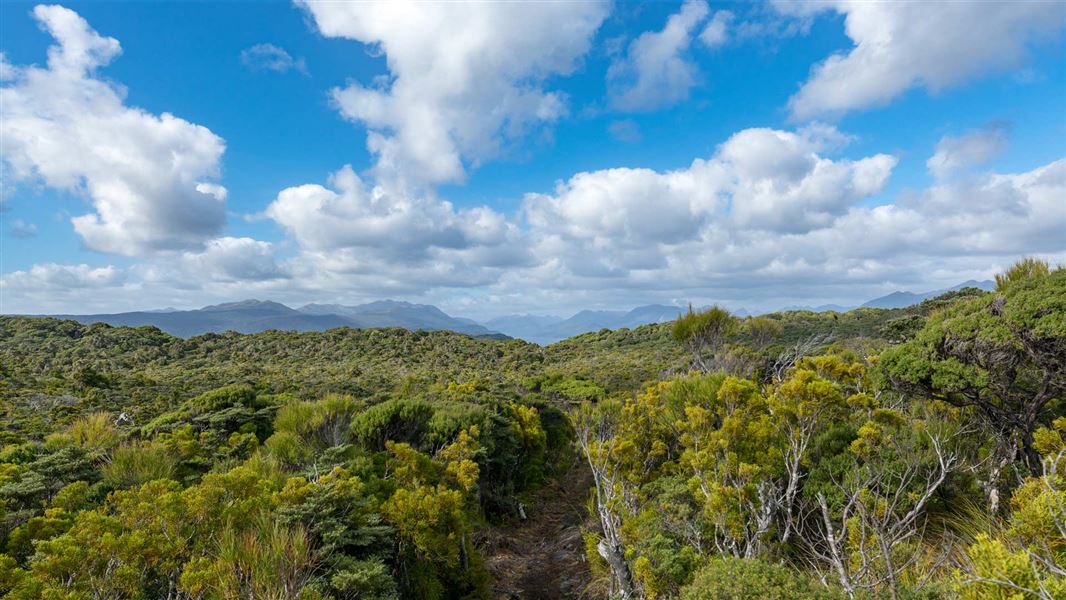Archived content: This media release was accurate on the date of publication.
Date: 24 April 2023
The stoat, first identified in August 2022, was found dead in a trap late last week.
DOC incident controller Rebecca Teele says it is a fantastic outcome for those involved in the biosecurity response, and the vulnerable wildlife on the island.
“Responding to this incursion has been a major task involving many people. It’s an exciting day to see all the work pay off and to have this positive result.”
Te Kākahu-O-Tamatea has been predator free since 1999 and is home to a range of threatened species including the endemic Te Kākahu skink, kākāpō, mohua, tīeke, and little spotted kiwi.
Stoats are voracious predators, killing and eating a wide variety of native species.
They’re known to significantly impact young kiwi and have particularly high impacts on the near flightless tīeke, ground dwelling skinks, and hollow nesting birds such as kākā, kakariki and mohua.
Because of this, it was crucial for DOC to get on top of the situation as soon as possible, Rebecca says.
“A full incursion response was initiated involving trapping experts, dog handlers with trained conservation dogs, trail cameras, and evolving trapping and lure techniques to try and capture the stoat.
“Scat found by the dog teams had been DNA analysed, indicating only a single, male stoat was present on the island. Armed with all this information we were able to paint a picture of the incursion and respond accordingly.”
Stoats are notoriously elusive hunters, with the Te Kākahu animal proving no exception. Multiple trail cameras captured footage of it investigating traps – but never entering. To have it caught in eight months is an achievement.
Although the capture is cause for celebration, the response is not over yet with scat found on nearby Passage Island indicating another male stoat may be present.
“This is a huge win – but we can’t take our foot off the pedal now,” Rebecca says.
“This is one of the highest priority sites for biodiversity in Fiordland and it’s crucial we do everything we can to protect the vulnerable species living there.”
Contact
For media enquiries contact:
Email: media@doc.govt.nz
